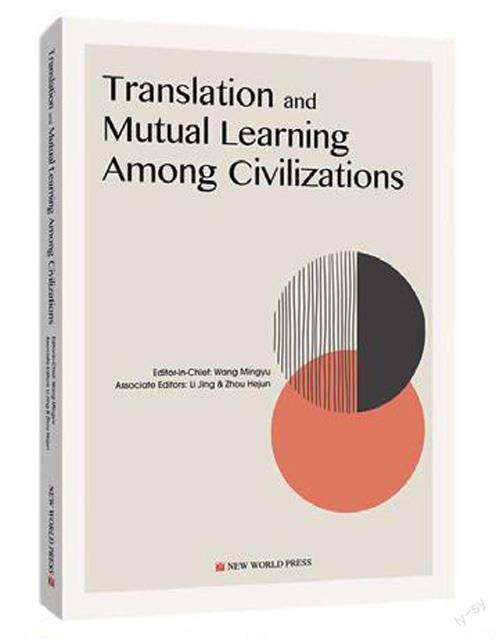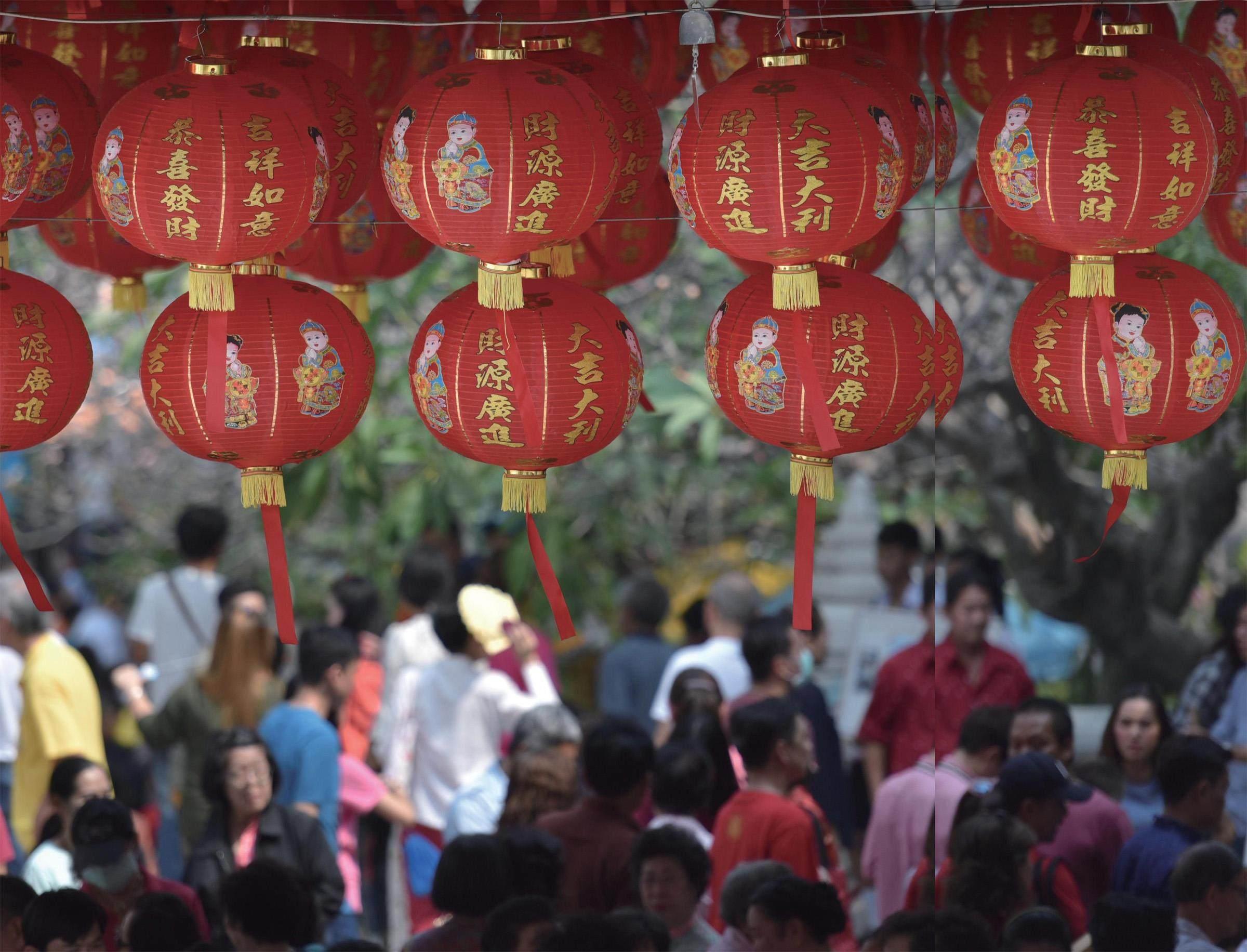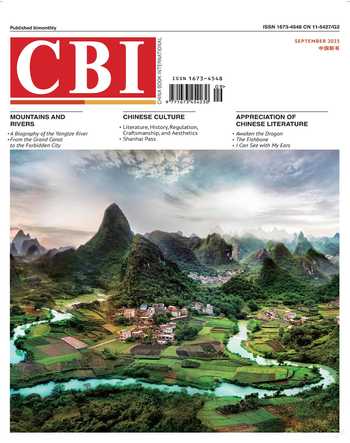Translation and Mutual Learning Among Civilizations


Translation and Mutual Learning Among Civilizations
Editor-in-chief: Wang Mingyu
Associate Editors: Li Jing & Zhou Hejun
New World Press
January 2023
148.00 (CNY)
Wang Mingyu
Wang Mingyu is a second-level professor, doctoral supervisor, former vice president of Tianjin Foreign Studies University, and chairman of The Committee of Semiotics of the Association for Logic in China.
Li Jing
Li Jing holds a Ph.D. in English Language and Literature (Translation Studies), and is a professor and doctoral supervisor. She is the dean of the Graduate School of Translation and Interpretation of Tianjin Foreign Studies University.
Zhou Hejun
Zhou Hejun is a professor at Tianjin Foreign Studies University, deputy editor of the Journal of Tianjin Foreign Studies University, and first-level candidate of Tianjin “131” innovative talent training project.
This book selects articles related to a human community of a shared future, translation and mutual learning among civilizations, and so on. It strives to tell stories about China well, make the voice of China heard, and carry out helpful thinking and practice in the aspects of Chinese culture going global and the formation of national discourse system.
Language Dignity in the “Beauty of Gemeinschaft”
Ma Tao, Associate Professor, School of English, Tianjin Foreign Studies University
Language is an important symbol for defining national identity and an even more important symbol for forming a stable community. The rise and fall of a nation or state coincide with those of its language. The vitality of language originates from the power of the culture behind it. The concept of “cultural confidence” put forth by President Xi Jinping embodies the spirit of our times as well as the essence of Chinese culture. In the new era, which features a community with a shared future for mankind, how can we define Chinas national identity? How can Chinese language and culture remain unique and confident among multi-identity discourses?
The Chinese character system is one of the oldest written languages in the world. From inscriptions on bones, tortoise shells, and ancient bronze objects to the official and regular script, the evolution of Chinese characters has also recorded the development of Chinese civilization. Being entirely different from Indo-European languages, Chinese is generally regarded as a complicated and difficult language. However, Chinese is also extraordinarily minimalist in ideography with the heritage of Chinese culture rooted in the maxim: “Mans heart is dangerous. Taos essence is subtle. Only single-mindedness, sincerity, and justice will prevail.” This is how Chinese concisely expresses the profundity between man, Heaven, and Tao. The beauty of Chinese lies in the beauty of Chinese culture, whose aesthetic dignity can be found in numerous Chinese classics, such as The Book of Songs, Analects of Confucius, The Literary Mind and the Carving of Dragons, and A Dream of Red Mansions. In modern China and during the computer age, the cultural dignity of Chinese, though its value has been doubted by some, can never be denied. These doubts cannot frustrate the Chinese nation. Instead, they will result in introspection about how to restore the glory of the Chinese language and culture.
“The bright moon sinking into the blue sea does not return; and white clouds shroud the green woods with a sorrowful look.” The poetic lines express the sad feeling of Li Bai (701--762), a well-known poet in the Tang Dynasty (618--907), at the news that his good friend Abeno Nakamaro had fallen into the sea and died. The friendship between them indicated the confidence and prosperity of Changan, capital of China and a cosmopolis during the Tang Dynasty. At that time, foreign merchants, envoys, and international students accounted for 2% of Changans population, and over 70 countries established diplomatic relations with China. Changan displayed Chinese culture and a kind of brilliant fusion of cultural exchange.
Today, China has become the second largest economy in the world. As China grows stronger, the value of Chinese increases and Chinese language and culture again attract the worlds attention. In the era of new globalization, what is being exchanged between East and West is more cultural than economic, which is a distinctive trend of the times. This provides an opportunity for Chinese culture to go global. At the same time, this raises a warning about the cultural identity of the Chinese nation. In a community with a shared future for mankind, common values of human culture should by no means remove ones national identity. Thus, in this new context, if we want to achieve “the beauty of gemeinschaft” (Anderson, 2006), we should acknowledge the importance and necessity of national cultural identity instead of harboring value nihilism. Language displays the aesthetics of classics and is the foundation of a nations cultural identity. Martin Heidegger gave philosophical meaning to the essence of language, comparing it to the House of Being. If the development of Chinese as a language is undermined, the Chinese way of thinking will be threatened by foreign cultures and Chinas national identity will vanish. In todays ever-changing world, the continuity of Chinese civilization has never been disturbed, showing the charm and strength of Chinese language as the foundation of Chinese culture.
Chinas confidence cannot be established without cultural confidence, which basically means having confidence in the language. However, this confidence doesnt necessarily equal language hegemony. Cultural communication in the era of new globalization is necessary in constructing a more comprehensive knowledge system, which will enable us to fully understand the essence of Chinese and Western cultures, using a historical dialectic. To achieve mutual learning among civilizations, and mutual understanding between China and the world, we should keep a foothold on the mainstream values of China and use this beautiful Chinese language to compose magnificent poetry about Chinas great rejuvenation.
Reducing Noise to Achieve Better International Communication of Chinese Culture
Liu Hongwei, Professor and Director, Office of Academic Research, Tianjin Foreign Studies University
Any information can be disturbed during the process of transmission. Information may be lost or compromised at any point along the transmission chain, from the transmitters encoding to the recipients decoding and understanding. In terms of communication, noise refers to any factor that causes deviation during the transmission. In the transmission chain, the transmitter is the least likely to produce any noise: The key factor in reducing noise lies in the transmitters accurate understanding of the recipients information preference. In this respect, using big data to capture user information preferences provides us with great convenience. Noise in the transmission chain is mostly generated during transmission. The more links, processing, and re-transmission, the greater the dissipation of information and impact of noise. Therefore, the most direct and effective way to reduce noise is to minimize transmission links, achieve direct publicity, prevent deviation caused by multiple edits of information, and reduce subjectivity.
In communicating Chinese culture to the world, China, as the transmitter, needs to minimize noise from communication links. Linguistic factors are the most important source of noise. Unlike English, Chinese is not a universal language, and information coverage with Chinese as the medium is relatively narrow. When recipients find information in their native language on Chinese media, they generally prefer their native language. In the absence of an English version, they tend to translate it from the original Chinese text. In this case, as the right of translation is not in the hands of the Chinese side, the translation will likely deviate greatly from the original, thus producing noise. This means that China needs to increase its supply of information in English, if not in other languages for the time being.
Multilingual contributions are the basis of citation, but how the information is cited is no longer under the control of the subject of transmission. Some international media tend to interpret information about China based on their own ideology; and may even subvert the original content of the message. To avoid this and all unnecessary intermediate links, we need to expand the scope of primary communication to cover as many audiences as possible. Chinas “going global” strategy has enabled many Chinese media outlets to set up branches overseas. Chinese media should continue to promote the intermingling of Chinese culture with cultures worldwide to make Chinese stories better told and Chinas voice better heard.
Currently, Chinas voice in international discourse is relatively weak and not proportionate to its comprehensive strength. China must have more say in the world since discourse power is a manifestation of the pattern for global profit distribution, and largely decided by a countrys economic strength. However, a countrys discourse power and its economic growth are not always synchronized. Western countries have established and consolidated their discourse power over hundreds of years, and China has a long way to go in this respect. As China becomes stronger economically, Chinese culture will become increasingly influential in the world. In the context of new globalization, the acceleration of Chinese media “going global” will lead to deeper cooperation between China and other countries. Hopefully, this cooperation will make China understood and supported, and thus result in more win-win situations. Such cooperation will make the international community abandon their prejudices, fairly report China, and spread Chinese culture.

